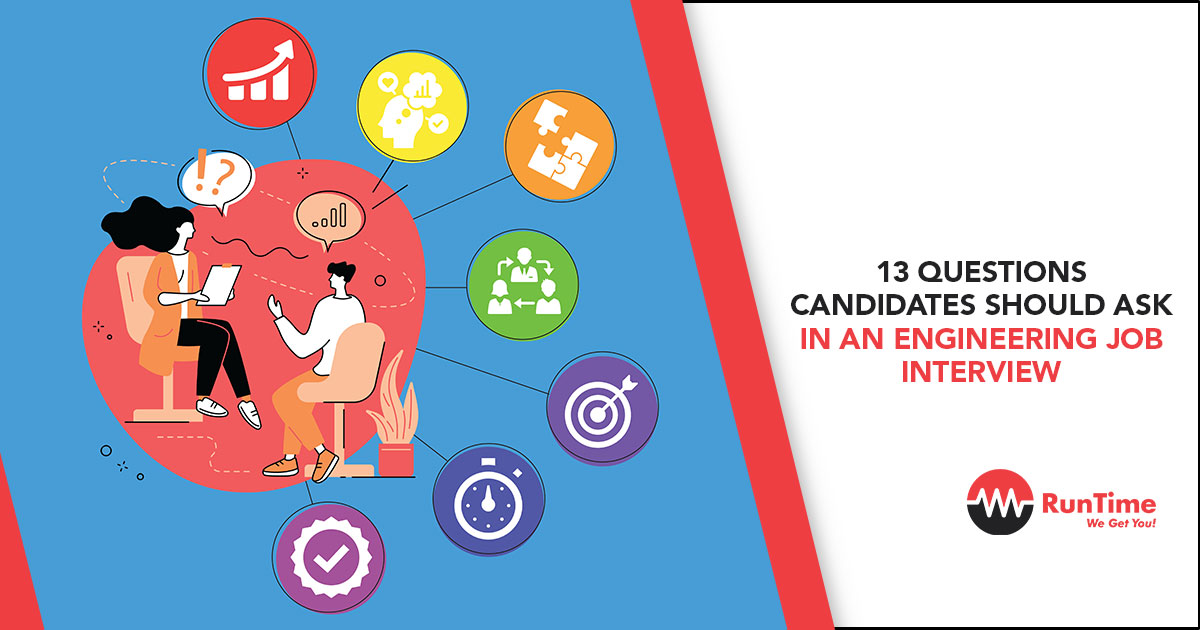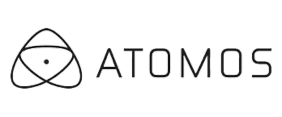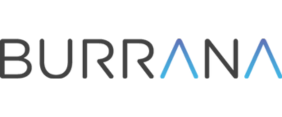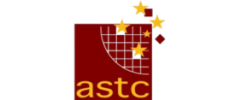Asking questions in an engineering job interview is essential. It not only demonstrates your interest in the position but also highlights your knowledge and preparedness for the role. With the right questions, you can showcase your expertise and better understand the company and its expectations. In this article, we’ll provide an overview of the top questions that candidates should ask during an engineering job interview.
1. What Qualities and Skills Are Important to Succeed at Your Company?
Understanding the qualities and skills required for success at a company is vital. This question is important because it allows you to assess if your skill set and personal attributes align with the company’s expectations. By asking this question, you’ll gain valuable insight into the specific traits and competencies that the organization values most in its employees.
When you know what the company is looking for, you can tailor your responses to highlight your strengths in those areas. It also helps you determine if the organization’s culture and values align with your own, ensuring a better fit for both parties. In short, this question is crucial in evaluating if the company is the right place for you to grow and thrive professionally.
2. What Skills Do We Need in Our Team That I Can Bring?
Asking this question during an engineering job interview is essential. It demonstrates your willingness to contribute to the team and showcases your expertise. By understanding the gaps in the team’s skill set, you can emphasize your abilities to fill those needs and add value to the organization.
This question also allows the interviewer to envision how you would fit into the team dynamics. They can better understand how your specific skills will complement those of the existing team members, ultimately leading to a stronger and more cohesive unit. In short, by asking this question, you are not only highlighting your strengths but also showing that you are a team player who is eager to contribute to the company’s success.
3. How Would the Role I’m Interviewing for Fit into Your Team?
This question is crucial for understanding your potential place within the team. It helps you gain insight into the team’s dynamics and structure. By asking this question, you’re showing your interest in how you’ll contribute to the overall success of the team and the company.
Knowing how the role fits into the team also helps you set realistic expectations for the position. You’ll have a better understanding of your responsibilities, reporting structure, and collaboration with other team members. This knowledge allows you to prepare for any potential challenges and adapt your approach to fit seamlessly into the team. Ultimately, this question is essential for ensuring a smooth transition into your new role and maximizing your impact within the organization.
4. How Do You Measure Success for Your Team Members?
Understanding how a company measures success for its employees is essential. This question helps you gain insight into the company’s performance evaluation process and expectations. By asking this question, you’re showing your commitment to meeting and exceeding those expectations.
Knowing how success is measured also allows you to set personal goals that align with the company’s objectives. You can focus on the specific metrics and achievements that matter most to the organization, ensuring that your efforts are recognized and rewarded.
Additionally, this information helps you identify areas for improvement and professional growth, contributing to your long-term success within the company. In short, this question is vital for aligning your goals with the organization’s expectations and maximizing your potential for advancement.
5. What Do You Expect from the Role I’m Interviewing for?
Asking about the expectations for the role you’re interviewing for is crucial. This question allows you to clarify job responsibilities and better understand what the company is looking for in a successful candidate. By seeking clarification, you demonstrate your dedication to meeting and exceeding those expectations.
Understanding the expectations also helps you tailor your responses to emphasize how your skills and experiences align with the company’s needs. Additionally, it allows you to identify any potential gaps in your knowledge or skill set, providing an opportunity for self-improvement and professional growth. In short, this question is essential for ensuring that you are well-prepared for the role and ready to contribute to the company’s success.
6. Is the Amount of Work Steady, or Does It Vary a Lot?
Understanding the workload and its fluctuations is an important aspect of any job. This question helps you assess the consistency of the work and potential challenges you may face in the role. By asking about the workload, you demonstrate your willingness to adapt to the company’s needs and manage your time effectively.
Knowing if the workload varies greatly will help you prepare for periods of increased demand and develop strategies for managing stress and maintaining productivity. This insight also allows you to set realistic expectations for your work-life balance and overall job satisfaction. In short, this question is vital for ensuring that you are well-prepared for the demands of the role and can successfully navigate any fluctuations in workload.
7. Are There Busier Times of the Year for the Company?
Asking about the company’s busy periods is essential for understanding its seasonal fluctuations. This question helps you anticipate periods of increased workload and plan accordingly. By inquiring about busier times, you demonstrate your awareness of the company’s needs and your adaptability to changing circumstances.
Knowing when the company experiences increased demand allows you to prepare for these periods, ensuring that you can maintain productivity and meet performance expectations. This insight also helps you manage your work-life balance, as you can anticipate when extra effort may be required and when you might have more time for personal pursuits. In short, this question is crucial for understanding the company’s operational rhythm and ensuring that you are well-prepared to excel in your role.
8. What Are Some Current Problems in the Engineering Team That I Could Help With?
Addressing this question during an engineering job interview is essential. It demonstrates your proactive approach and genuine interest in contributing to the team’s success. By asking about current problems, you can identify areas where your skills and experience can make an immediate impact, showcasing your value to the company.
This question also allows the interviewer to envision how your specific expertise can help solve pressing issues within the team. It highlights your problem-solving abilities and eagerness to contribute to the organization’s success. In short, by inquiring about current problems in the engineering team, you are positioning yourself as a valuable asset who can help overcome challenges and drive the team’s success.
9. What’s a Typical Career Path for Someone in This Role?
Asking about the typical career path for the role you’re interviewing for is important. This question helps you gain insight into the growth and development opportunities within the company. By understanding the potential trajectory of your career, you can set realistic expectations for your professional growth and advancement.
Knowing the typical career path also allows you to identify areas where you may need to improve or acquire new skills to progress in your career. This knowledge enables you to plan your professional development more effectively and align your goals with the company’s expectations. In short, this question is vital for ensuring that you are well-prepared for a successful and fulfilling career within the organization.
10. What Kinds of Personalities Tend to Work Well in Your Team?
Asking about the types of personalities that work well in the team is crucial. This question helps you assess the cultural fit and team dynamics, ensuring that you can adapt your communication and collaboration style to thrive within the organization. By understanding the personalities that excel in the team, you can better gauge your potential compatibility with your future colleagues.
Being aware of the team dynamics also allows you to identify any potential challenges or conflicts that may arise. With this information, you can develop strategies for navigating these challenges and fostering a positive and productive work environment. In short, this question is essential for ensuring that you are well-prepared to succeed within the team and contribute to the company’s overall success.
11. How Does This Position Contribute to the Company’s Short-Term and Long-Term Goals?
Understanding the strategic importance of the role you’re interviewing for is essential. This question helps you gain insight into how the position impacts the company’s short-term and long-term goals. By asking this question, you demonstrate your interest in aligning your efforts with the company’s objectives and contributing to its overall success.
Knowing the role’s contribution to the company’s goals allows you to prioritize your tasks and focus on the activities that have the most significant impact. This knowledge also helps you set realistic expectations for your performance and understand how your achievements will be measured. In short, this question is crucial for ensuring that you are well-prepared to excel in your role and drive the company’s success, both in the short term and the long term.
12. How Soon Are You Looking to Get Someone Started?
Asking about the company’s timeline for hiring is vital. This question helps you gain insight into their urgency to fill the role, allowing you to plan and prepare accordingly. By inquiring about the hiring timeline, you demonstrate your interest in the position and your readiness to contribute to the company’s success as soon as possible.
Understanding the company’s timeline also helps you manage your expectations and plan for any potential transitions, such as giving notice at your current job or relocating. It allows you to make informed decisions and ensure a smooth onboarding process. In short, this question is essential for ensuring that you are well-prepared to start your new role and contribute to the company’s success from day one.
13. What Are the Next Steps in the Interview Process?
Understanding the next steps in the interview process is crucial. This question allows you to clarify the hiring process and set realistic expectations for what to expect moving forward. By asking about the next steps, you demonstrate your interest in the role and your commitment to preparing for any subsequent interviews or assessments.
Knowing what to expect in the interview process also helps you manage your time and resources effectively. You can plan for any additional interviews, prepare for assessments, and gather any necessary documentation or references. In short, this question is essential for ensuring that you are well-prepared to navigate the interview process confidently and successfully.
Conclusion
In conclusion, asking the right questions during an engineering job interview is essential for showcasing your interest, knowledge, and preparedness. These questions not only help you assess if the role and company are the right fit for you but also demonstrate your value as a candidate. We encourage you to use the questions outlined in this article as a starting point for a successful interview.
At RunTime Recruitment, our expertise and dedication to helping candidates find the right job opportunities set us apart. We are committed to providing the best possible support and guidance throughout your job search journey. With our professional, knowledgeable, and friendly approach, you can trust RunTime Recruitment to help you find the perfect engineering job opportunity that aligns with your skills, experience, and career goals.
Hire Highly-Skilled Engineers with RunTime Recruitment
Our expert team of engineers-turned-recruiters offers in-depth knowledge of technical recruiting in the engineering industry.
If your company is looking to recruit highly-skilled engineers worldwide, contact us today and we will do the sourcing for you. Or if you’re an engineer looking for new opportunities, you may visit RunTime Recruitment’s job site for job vacancies.









